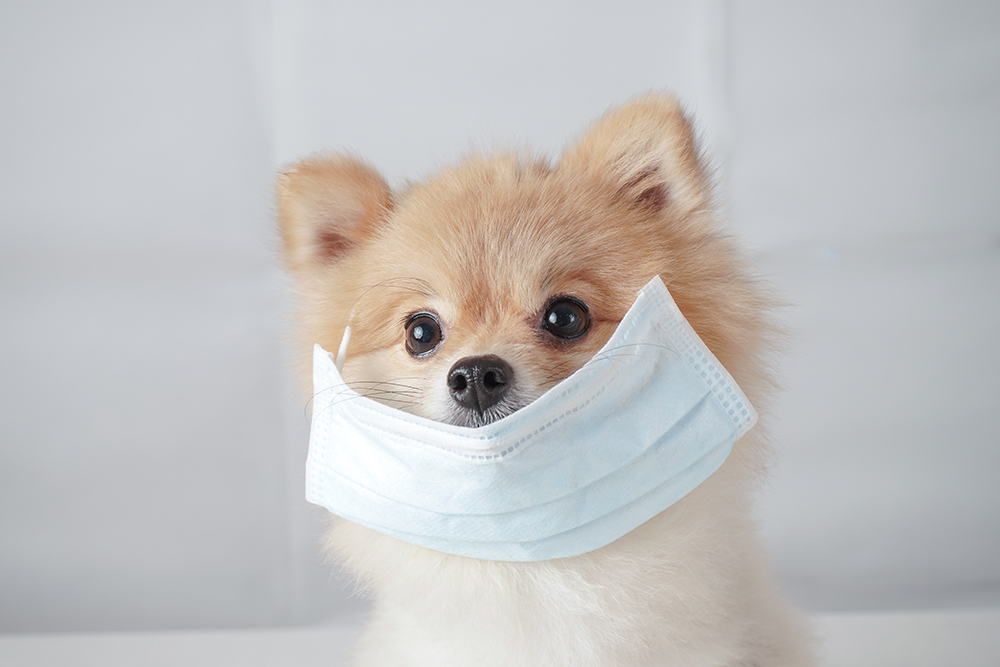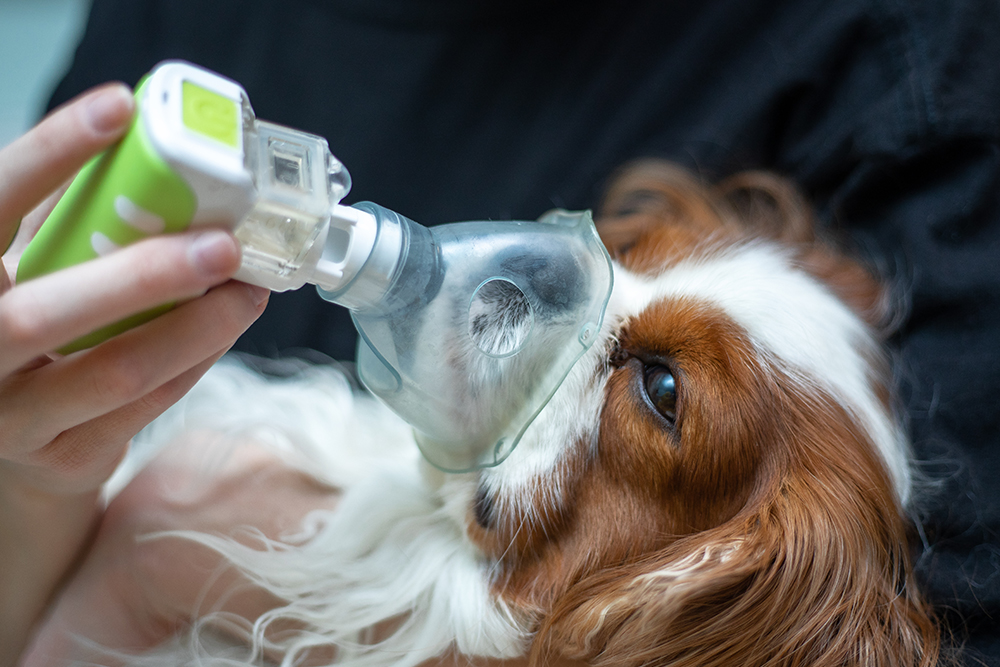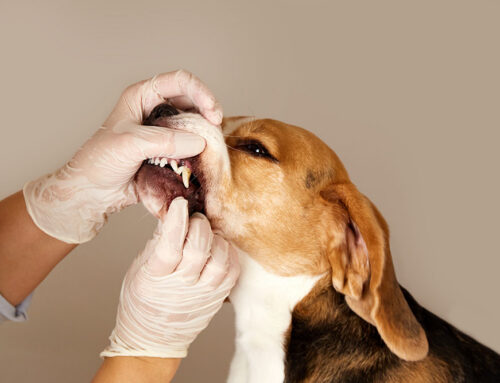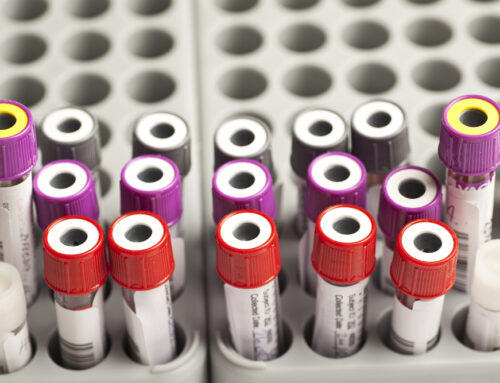Understanding Respiratory Symptoms in Pets
Pet Respiratory Health
Pets are cherished family members, and understanding their health—especially respiratory symptoms—is vital. Symptoms such as coughing, sneezing, wheezing, reverse sneezing, and snoring can range from minor annoyances to serious health concerns. Early recognition allows for quicker intervention and minimizes discomfort for your pet.
The respiratory system in pets involves the nose, throat, trachea, and lungs. Disruptions can impact breathing and overall well-being, leading to anxiety, lethargy, or loss of appetite.
Common Respiratory Signs in Dogs and Cats
Coughing in Pets
Coughing varies in pets, from dry and mild to deep and wet, indicating different issues:
- Dry cough: Often a sign of viral infections like kennel cough, marked by a high-pitched honk. Without treatment, it can lead to pneumonia, especially in puppies and older dogs with weakened immune systems.
- Wet cough: May suggest pneumonia or other infections, indicating fluid in the lungs that could lead to respiratory distress if untreated.
- Hacking cough: Could indicate serious conditions like heart disease, where the heart’s inefficiency leads to fluid in the lungs, known as pulmonary edema.
For more details, refer to the Canine Infectious Respiratory Disease Complex – AVMA.
Sneezing and Nasal Discharge
Sneezing in pets can be benign or a red flag:
- Environmental allergens: Such as pollen, can cause sneezing. Allergies might also cause itching or watery eyes, potentially leading to chronic respiratory or skin issues.
- Respiratory infections: Frequent sneezing with nasal discharge, especially if thick and yellow or green, often indicates bacterial infection requiring antibiotics.
For more, visit Feline Upper Respiratory Infection – ASPCA Pro.
Wheezing and Breathing Difficulties
Wheezing and breathing issues might signal:
- Asthma: Particularly in cats, leading to periodic wheezing. Asthmatic attacks can be life-threatening if untreated, requiring long-term management with inhalers or medications. Read more about feline asthma in this guide: Feline Asthma: What You Need to Know – Cornell Feline Health Center.
- Foreign bodies: Such as grass awns or toys in the respiratory tract can cause sudden wheezing, needing immediate veterinary attention to prevent airway obstruction.
- Other health issues: Like heart or lung problems, requiring diagnostic imaging and blood tests to identify causes.
Reverse Sneezing
Reverse sneezing is a dramatic event where the dog makes noises like inhaling a sneeze. Usually harmless, it’s often triggered by irritants such as dust or pollen. Frequent episodes may indicate allergies or nasal congestion needing veterinary consultation.
Snoring in Pets
While snoring can be normal, especially in short-nosed breeds, persistent snoring may indicate issues like obstructive sleep apnea. If accompanied by other symptoms like gasping for air, it could lead to chronic health problems.
Preventative Measures and Veterinary Visits
Preventing Respiratory Problems
Preventative care is key to pet health. Regular vaccinations and allergen control are crucial:
- Regular check-ups: Routine veterinary exams help catch early respiratory issues.
- Vaccinations: Keep up-to-date to prevent diseases like kennel cough and feline upper respiratory infections.
- Environment control: Reduce exposure to smoke, dust, and strong smells that irritate the respiratory tract.
Visit our Preventative Care Services for more information.
When to See a Veterinarian
If respiratory symptoms persist or worsen, consult a veterinarian. Early intervention can prevent severe issues.
- Emergency symptoms: Open-mouth breathing, blue-tinged gums, or fainting require immediate veterinary care due to severe respiratory distress.
Schedule an appointment via our Request an Appointment page.
Frequently Asked Questions
- What should I do if my pet starts coughing?
Monitor the cough’s frequency and type. Consult your veterinarian if it persists or is accompanied by other symptoms. - Are certain breeds more at risk for respiratory issues?
Brachycephalic breeds like Bulldogs and Persians are more prone to respiratory problems due to their anatomy. - How can I tell if my pet’s sneezing is due to allergies or something more serious?
Symptoms like nasal discharge, lethargy, or decreased appetite can indicate something more serious than allergies and warrant a veterinary visit.
For more answers, see our FAQ section or read this FAQ about Canine respiratory coronavirus.

How Peak City Veterinary Hospital Can Help
We offer comprehensive services to address respiratory issues, from advanced diagnostics to specialized surgery and emergency care. Our team uses the latest technology, including digital radiography, to diagnose and treat complex conditions. Learn more on our Veterinary Surgery and Emergency Services pages.
Partnering in Pet Health
Monitoring your pet’s respiratory health is essential. At Peak City Veterinary Hospital, we provide knowledgeable, compassionate care. Our commitment to continuing education ensures your pet receives top-tier treatment for routine exams or emergencies.









Leave A Comment